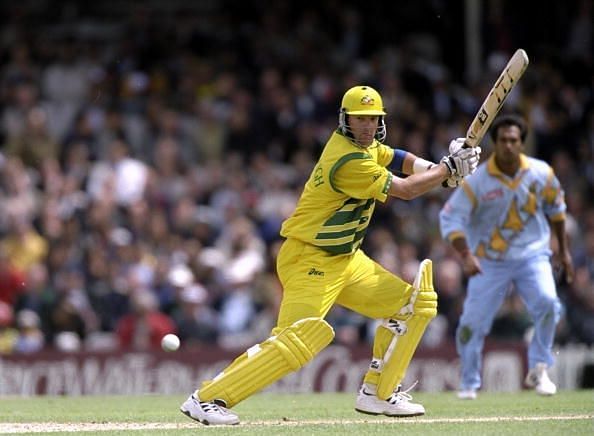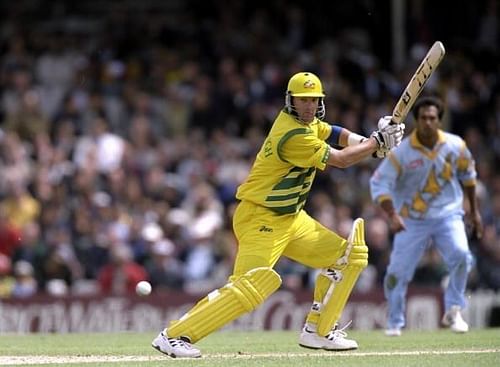
SK Flashback: Bowlers feel the heat in Trans-Tasman quarter-final at 1996 World Cup

Hot and steamy Madras, now known as Chennai, is an unlikely venue for a protracted battle, but it invariably produces exciting cricket. In the extreme humidity, albeit on a peach of a wicket, New Zealand appeared to be at a disadvantage. But the underdogs put up such a stupendous batting performance that the favourites had to sweat it out, literally, in this pulsating quarter-final.
The kind of start that this day-night encounter between the Antipodean neighbours got off to, was just what Big Brother would have expected. The Australian pacemen cleaned up the top order, and at 44 for three the Kiwis had been pushed on to the back foot. At the crease were wicketkeeper Lee Germon and all-rounder Chris Harris.
Germon, pitch-forked into the captaincy as a result of his inspirational leadership in domestic cricket, seemed to have an ace up his sleeve. He promoted himself to No. 3, and sent in the hard-hitting Harris above the dour Roger Twose and the reliable Adam Parore.
The pair set about the Aussie bowling like men possessed. Harris revealed later: "We knew we had to be aggressive against Shane Warne and the plan was to hit the flighted deliveries for a four or a six, and try to pick a single off the other balls, and never allow him to settle."
The World Cup record for the fourth wicket fell by the wayside as they added 168 runs in just 27 overs, at a scoring rate of 6.22. They surpassed the 149 put on by Clive Lloyd and Rohan Kanhai in the 1975 final.
Germon’s 89 came off 96 balls with 9 fours and a six. Harris, hitting a maiden century in his 62nd one-day international, carried on a while longer before holing out. His 130 was scored off 124 balls with 13 fours and 4 sixes, a brilliant display of controlled hitting.
The last 10 overs produced 74 runs, and a score of 286 seemed awesome.
But the New Zealanders had not reckoned with the smooth-stroking Mark Waugh. He had been in superb touch throughout the tournament, and chose this stage to once again parade his considerable gifts.
When Waugh was in such form, a gentle tap seemed to make the ball go streaking across the field, as it might on a billiards baize or a hockey astro-turf. He added 65 for the second wicket with Ricky Ponting.
Then came pinch-hitter Shane Warne, who smote the ball for 24 off just 14 balls with 2 sixes and a four. He left at 127 after 21.2 overs.
Twin Steve joined Mark Waugh and the Aussies kept rolling on. Their partnership was worth 86 before Mark departed in the 39th over for a magnificent 110 off 112 deliveries, studded with 6 fours and 2 sixes.
With this Mark became the first batsman to score three centuries in a single World Cup, following his 130 and 126 against Kenya and India respectively. He also surpassed Graham Gooch’s record aggregate of 471 in one edition of this premier tournament, which was later bettered by Sachin Tendulkar.
There was still some work to be done after his exit, with an asking-rate of 7 per over in the last XI. Steve Waugh and Stuart Law assumed charge and racked up the 74 needed with 13 balls to spare. Law crashed 42 off 30 balls with 3 fours and a six, while Steve Waugh’s 59 came off 68 deliveries, with 5 boundaries.
This was Australia's then highest score batting second in a one-dayer.
As many as 575 runs were scored at close to 5.9 runs an over on this beautiful wicket. Australia did a commendable job chasing such a huge target under lights as Mark Waugh wrested the man-of-the match prize.
It was one-day - or day-night - cricket at its best, in which neither team deserved to lose.
New Zealand: 286 for 9 wickets (50 overs), Australia: 289 for 4 wickets (47.5 overs) (CWC 1996)